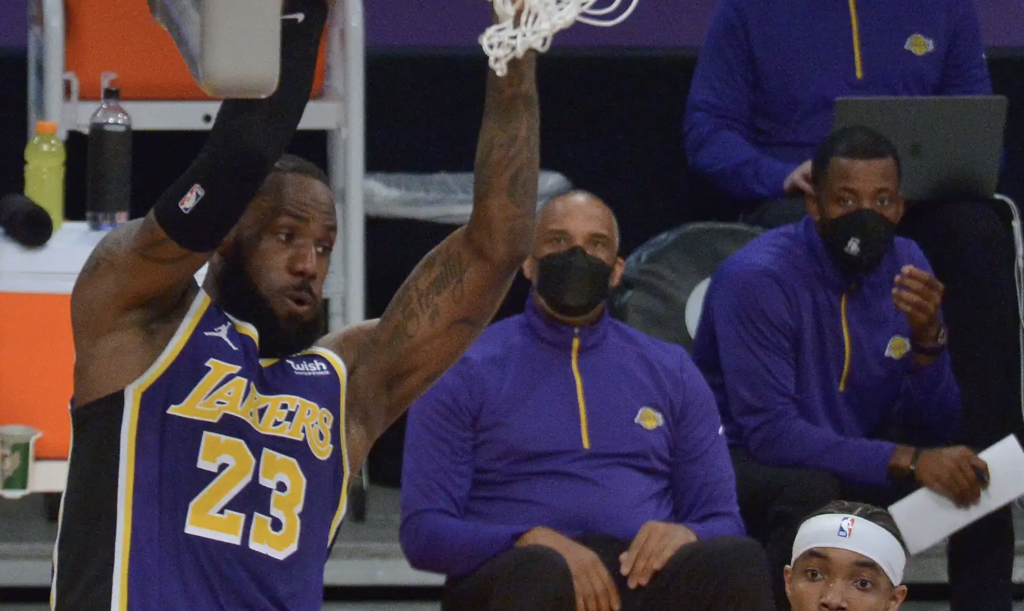Football in Europe is being transformed by US private equity firms – here’s how
Football is changing, again. Many fans who have spent years watching their teams, either live in a stadium or on the television, have long had to face the fact that their teams are (more often than not) no longer owned and run locally.
This is football like we have never seen it before. Transnational investors – driven by financial returns in a sport fast converging with the entertainment and digital sectors – are transforming the game into a big bucks global industry. Television helped make top football clubs rich, but streaming could bring them untold riches.

Who are the investors?
So who are these major American private equity investors taking over European football? Fenway Sports Group (FSG), the owner of English Premier League champions Liverpool, is reportedly on the verge of selling over 10% of the club to US investor RedBird Capital Partners for around £540 million. RedBird appears intent on building a global network of football ufabet investments. This would be on the back of the £4.7 million recently invested into the club by basketball superstar Lebron James.
In December, ALK Capital – another American sports investment business – acquired the English club Burnley via a leveraged buyout. The situation is similar elsewhere.
Network analysis
To give a sense of the size and scale of what private equity investors are engaged in and seeking to achieve, we undertook a social network analysis of a small sample of them. Our aim was to highlight the links when we observed two companies sharing an economic relationship. This resulted in the chart below (click to make it bigger).
Blank cheques and streaming
These firms can also put clubs in danger. For instance, ALK’s acquisition of Burnley effectively involved mortgaging the club in order to complete its purchase. The club is now £90 million worse off than it was before.
At Manchester United, there has been a long-running fan campaign to remove the Glazers. Even at Liverpool, not everyone is happy with FSG.
That’s because blank cheques off the field don’t necessarily bring blank cheques on the field. Most fans know that investors are interested in one thing: making money. The problem is, maximising profits often means eroding the connections between clubs and the communities in which they are located.
When The Conversation launched in March 2011, it was a big leap of faith. We had a team of 12 editors sitting around the table phoning academics trying to rustle up stories. “I’m from The Conversation … no, you won’t have heard of it, we haven’t launched yet … would you like to write an article? Could you file it by 4pm today?”



